Targeted therapy prices are influenced by drug type, treatment duration, and the specific cancer being treated. These therapies use molecularly designed drugs that target cancer cells while minimizing damage to healthy tissue, which increases cost.
Medication choice plays a crucial role in pricing. Monoclonal antibodies, tyrosine kinase inhibitors, and immunotherapy-based drugs differ in cost depending on their mechanism of action and international availability, leading to significant price variations.
Treatment duration also impacts expenses. Some targeted therapies require long-term administration over months or years, while others may be given in limited cycles. This directly influences the total financial burden for patients.
Insurance coverage and national health policies affect patient costs. Some systems provide full reimbursement, while others cover only selected therapies. Consulting both oncologists and insurers ensures accurate cost planning before starting treatment.
How Do Devices Used in Targeted Treatment Affect the Prices?
The devices used in targeted treatment significantly affect treatment costs. The level of advancement of the technology used in the treatment can increase costs, as these devices require high precision and technology. Devices with the latest technology are usually more expensive, which directly increases the treatment prices. In addition, maintenance costs of the devices should also be considered. Devices requiring regular service and calibration increase operational costs.
Device Purchase Cost:
High-performance and new technology devices have a high purchase cost.
Maintenance and Repair Expenses:
Regular maintenance and intervention for malfunctions are necessary, which increases costs.
Training and License Fees:
Training and licenses required to operate the devices also create additional costs.
How Does the Location of the Treatment Center Reflect on Targeted Treatment Prices?
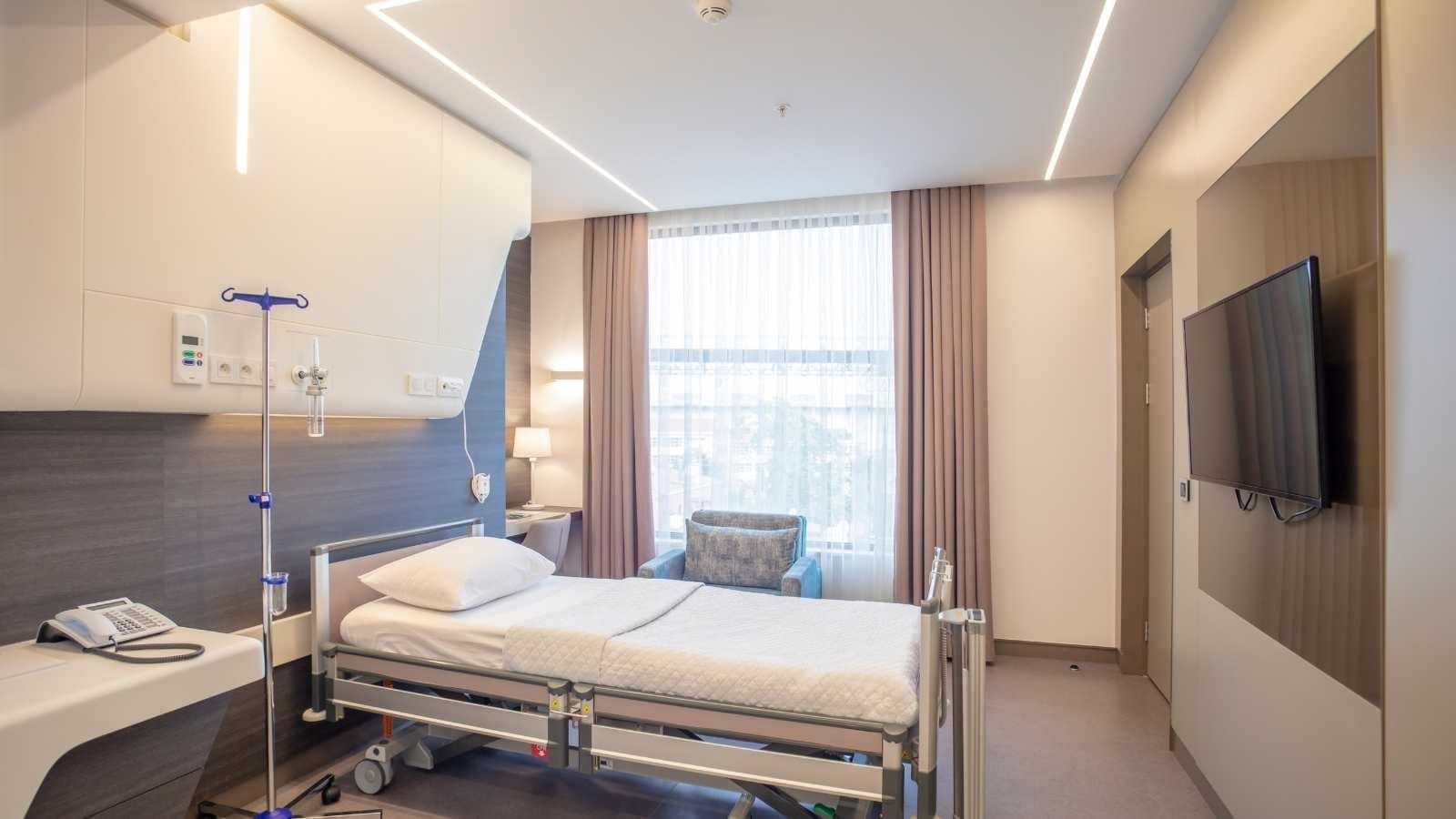
The location of the treatment center can significantly affect targeted treatment prices. Centers located in big cities or economically developed regions usually have higher costs. The main reasons for this are as follows:
Local economic conditions:
In developed regions, the cost of living and operating expenses are higher.
Ease of access:
Prices may increase as central locations attract more patients.
Competition status:
In areas with intense competition, centers invest more to provide high-quality services.
On the other hand, treatment centers in less developed or rural areas generally operate at lower costs. This is also reflected in the treatment prices. Lower operating expenses and more favorable local economic conditions ensure that treatment costs are more affordable in these centers.
How Does the Experience of Specialists Performing the Treatment Affect Targeted Treatment Fees?
The experience of specialists performing the treatment is an important factor in targeted treatment fees. The experience of specialist doctors directly affects the success of the treatment and may also increase costs. Experienced doctors usually demand higher fees because:
- With their advanced skills and knowledge, they can manage the diagnosis and treatment processes more effectively.
- They have developed the ability to determine the correct treatment method in complex cases.
- They can accelerate the patient’s recovery process and reduce side effects.
This situation ensures that the treatment process is shorter and more effective; therefore, patient satisfaction increases.
How Do Medications and Materials Used for Targeted Treatment Increase Costs?
Medications and materials used in targeted treatments can significantly increase costs. These treatments usually involve highly specialized drugs. These drugs are often designed to treat rare diseases and require high development costs. The complexity of the production process and low-volume manufacturing increase prices. In addition to drug costs, medical materials used during the treatment are also a significant cost factor. For example:
- Precision devices
- Specially manufactured injectors
- Single-use sterile sets
Such materials are usually based on high technology and can directly affect the success of the treatment. In addition, sterilization and transportation of these materials bring extra costs.
What Is the Effect of Post-Treatment Care and Follow-up Services on Targeted Treatment Prices?
Post-treatment care and follow-up services required after targeted treatments can significantly affect treatment costs. In the post-treatment period, the patient’s condition must be continuously monitored. Repeated medical tests and check-ups during this process are essential to guarantee treatment success. The scope and duration of home care services or care to be received at a special center are among the factors that directly increase costs.
Home healthcare services:
Professional nursing services, such as physical therapy.
Regular medical check-ups:
They should be performed at regular intervals to monitor the risk of disease recurrence.
Medications:
Supportive medications may be used for a long time.

Girişimsel Radyoloji ve Nöroradyoloji Uzmanı Prof. Dr. Özgür Kılıçkesmez, 1997 yılında Cerrahpaşa Tıp Fakültesi’nden mezun oldu. Uzmanlık eğitimini İstanbul Eğitim ve Araştırma Hastanesi’nde tamamladı. Londra’da girişimsel radyoloji ve onkoloji alanında eğitim aldı. İstanbul Çam ve Sakura Şehir Hastanesi’nde girişimsel radyoloji bölümünü kurdu ve 2020 yılında profesör oldu. Çok sayıda uluslararası ödül ve sertifikaya sahip olan Kılıçkesmez’in 150’den fazla bilimsel yayını bulunmakta ve 1500’den fazla atıf almıştır. Halen Medicana Ataköy Hastanesi’nde görev yapmaktadır.

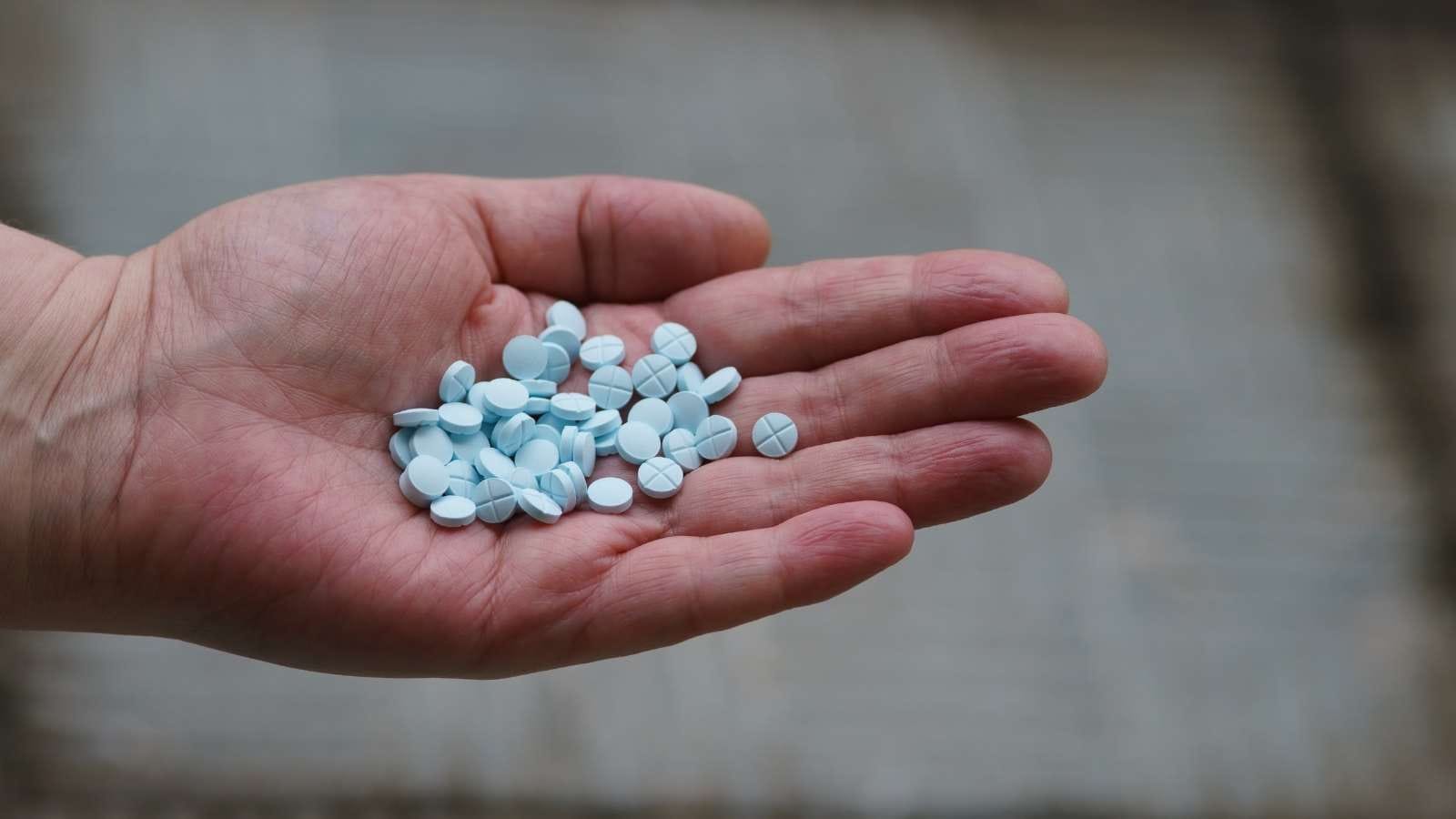
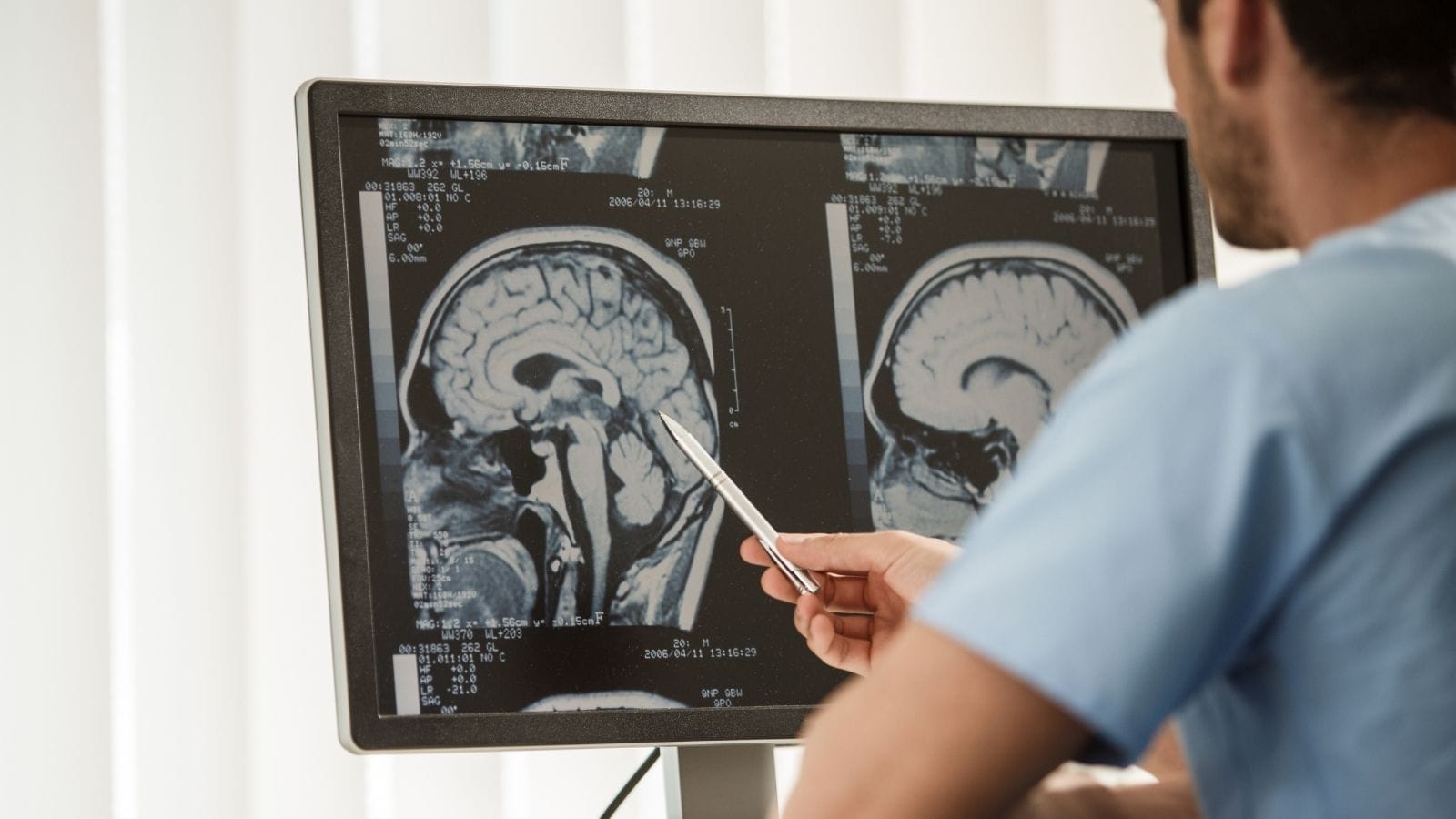


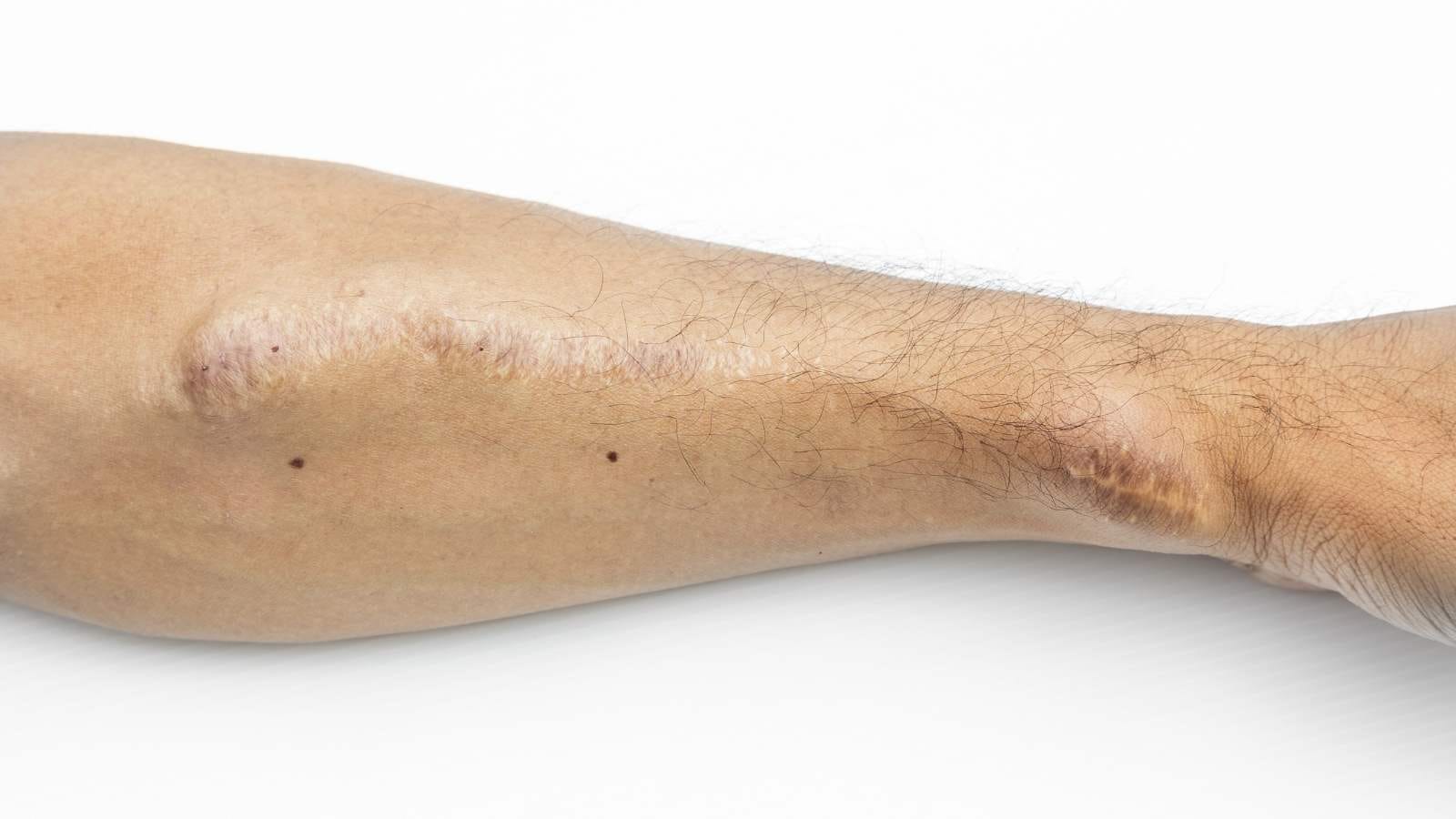
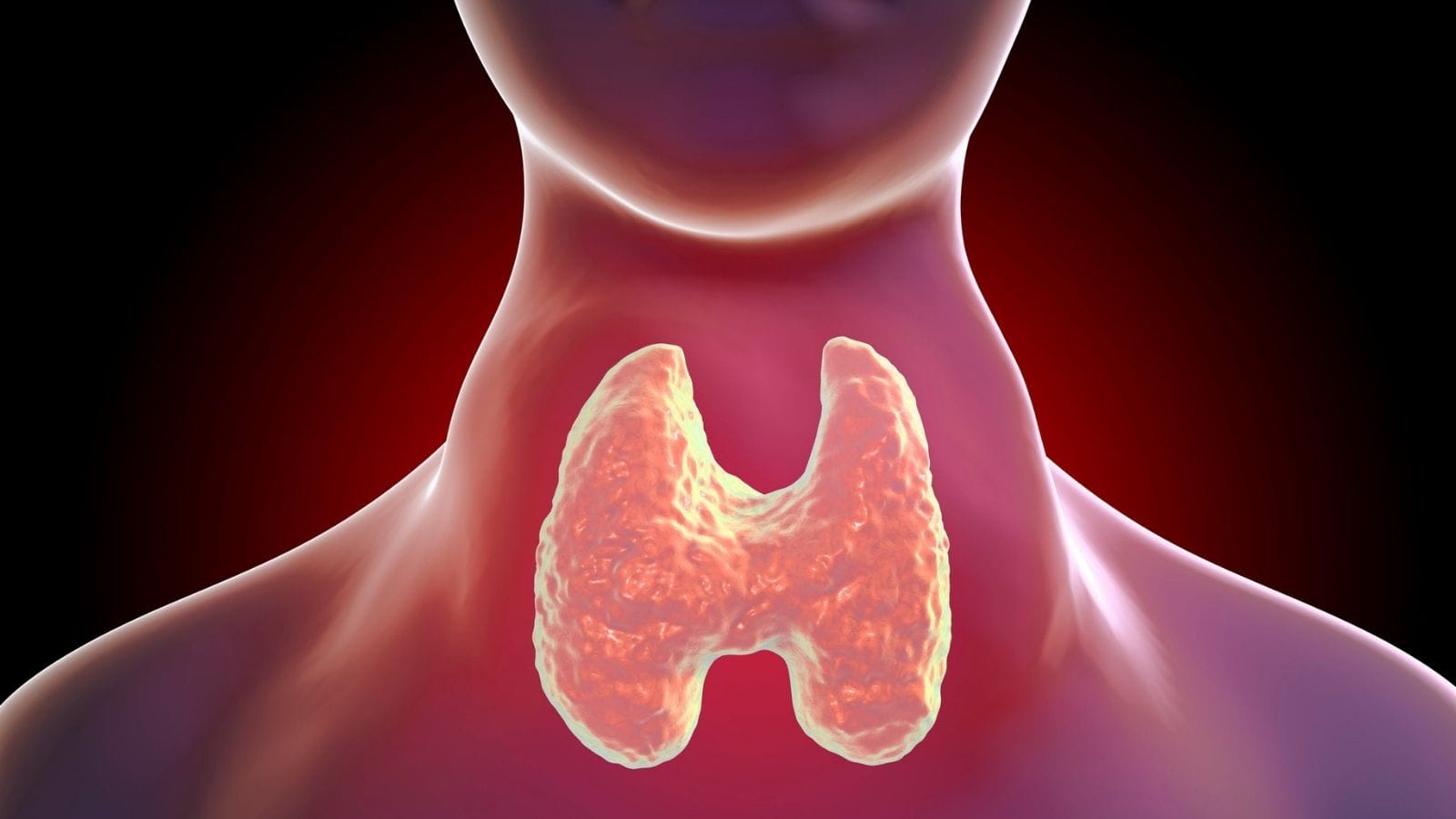


Vaka Örnekleri